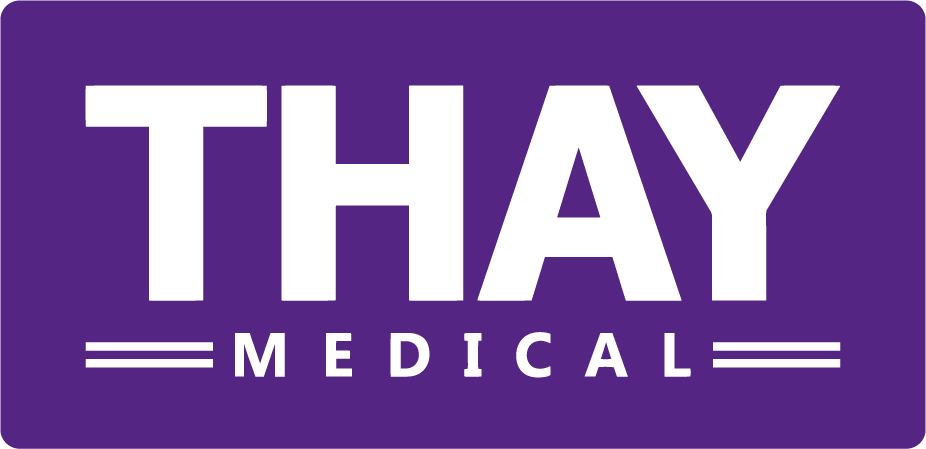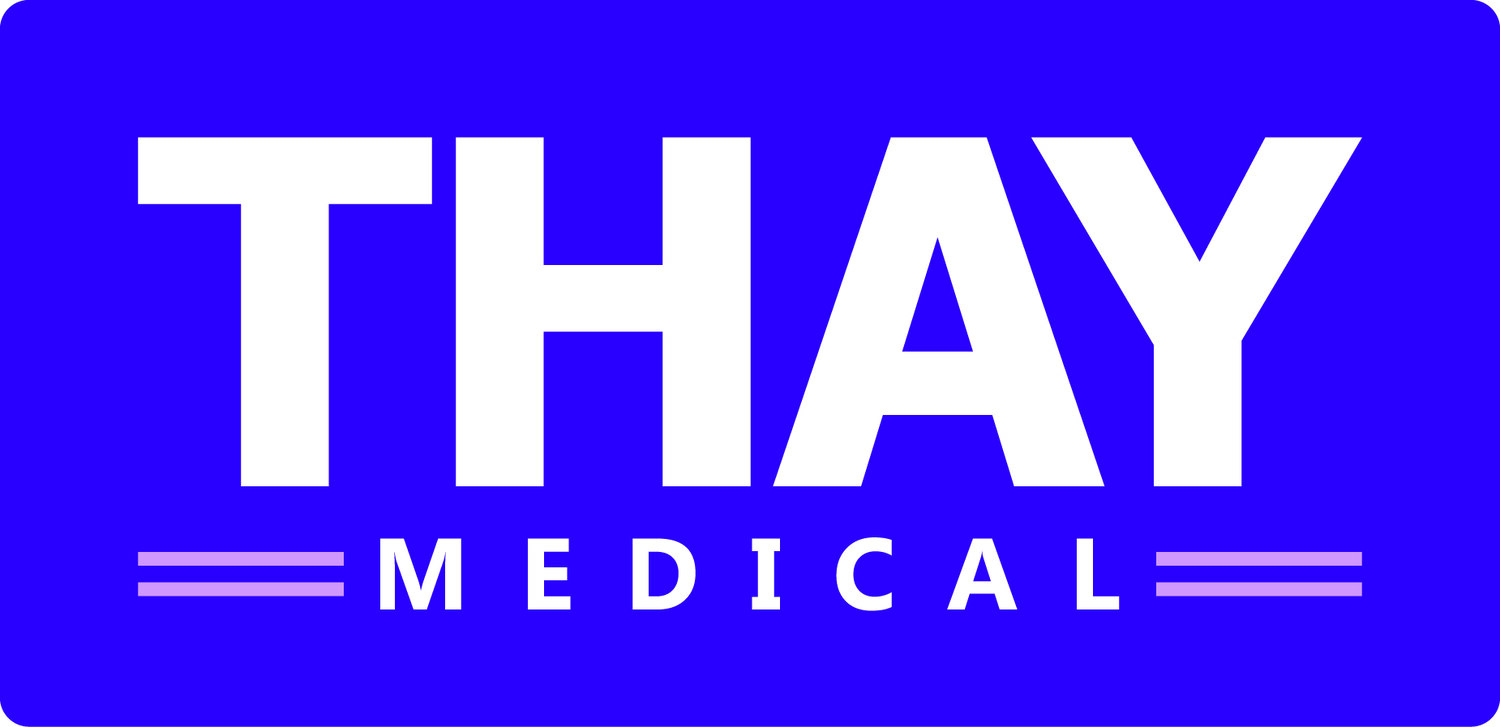
What we do
We support medical device manufacturers and pharmaceutical companies in developing medical products with our Human Factors Engineering expertise.
We spend our time immersed in Human Factors and Usability Engineering for medical devices. This includes activities such as formative usability studies or summative Human Factors testing, user research with patients, carers and clinicians, and other activities that enable us to really understand a product’s intended users in depth. Our work is completely focused around compliance, and our ISO 13485 certified Quality Management System is the basis of all of this user-focused effort. We continuously improve and are passionate in what we do. This is why we are the Human Factors partner of choice for many organisations globally.
Formative Usability Testing
Formative Usability Testing is where new designs of medical devices can be evaluated to determine whether they are going to be used safely. Since development is iterative, improving the design to be efficient, safe, effective and usable is key to ensuring the design meets the intended purposes and requirements. This testing is focused on reducing use-based risks.
Summative Human Factors Testing
Summative Human Factors Testing is the final evaluation performed prior to launch and is a design validation – ensuring the developed medical device meets its user needs. It is performed to quantify the amount of use-based risk the medical device has and to ensure that all elements of training, labelling, installation and instruction are adequate for the intended users.
Remote Testing
Remote Usability Testing is now a necessity in the current climate to perform Usability and Human Factors Testing where actual contact has to be eliminated. Using the internet, medical devices can be evaluated by users remotely, under the control of a strict Protocol and test method, with the Human Factors Test team located safely away from the participant.
Comparative Testing
Comparative Usability Testing is ideal at the start of the development process. It aims to compare new and existing designs as well as competitive designs of medical devices. If determining the benefits of improved tasks, sequences or operating methods, then comparing against known devices can determine how tangible the benefits really are.
Human Factors Engineering in China
We provide a comprehensive service for our clients looking to achieve market entry into China with registration under the National Medical Products Administration (NMPA). Human Factors testing is performed in China using participants from qualified testing institutes. Reporting is completed in Chinese and then fully translated into English.
Our China Services:
• China Market & User Research
• NMPA Regulatory Compliance
• NMPA Human Factors Report
• Human Factors Testing in China
UX/UI Engineering Services
We specialise in refining medical device design through UI/UX Engineering, ensuring a seamless and satisfying user experience for enhanced efficiency and usability.
Our UX/UI Services include:
• Human Factors Integration
• Usability Testing
• Healthcare-Centric Focus
• Regulatory Assurance
• Interdisciplinary Collaboration
• User-Centered Design
• Training & Support Services
Medical Simulation Room Facilities
Explore our Medical Simulation Room Facilities for risk-free training, usability testing, workflow optimization, collaboration enhancement, and regulatory compliance assurance, providing an immersive learning experience for healthcare professionals.
Unlocking the full potential of your team and technology through the immersive and transformative experience of our Medical Simulation Room.
Understanding People in Depth
We specialise in analysing behaviours and reoccurring patterns when using medical devices. This helps us understand the thought process of the users and tells us why they use the device in a certain manner, helping us predict future medical device use.
To do this we use the techniques best suited to the research objectives required. This could be using ethnography, contextual inquiry, or individual interviews. As well as more quantifiable methods such as formative usability studies and summative Human Factors tests. We work globally, although mainly in the UK, Europe, Australasia, Asia, and North America.
We are able to recruit many types of clinicians in different countries so that they can be interviewed, understood, and participate in formative Usability Studies or in summative Human Factors tests. We abide by the highest industry practices, as well as our own ISO 13485 certified Quality Management System, to do this ethically and responsibly.
In addition, we also focus on other medical device users. Some users we focus on are patients, caregivers, personal carers and supporting hospital staff such as Biomedical Engineers and Sterile Services staff. We are able to recruit many patient types with varying conditions, diseases and injuries to participate in interviews, studies and tests in several countries.
Areas of Specialism

Clinical areas we really understand
Over the years we have gained deep insight into many clinical areas. By having the understanding of the users, their use environments and their behaviours, we can start to predict intended use and what likely issues may occur in the future that could be prevented.
Chronic Conditions
Parkinson’s Disease
Alzheimer’s Disease
Diabetes
Osteoarthritis
Osteoporosis
Multiple Sclerosis
Emergency Medicine
Defibrillation
Hemodialysis
Ventilation
Vital Signs Monitoring
Hospital Treatments
Orthopaedics
Negative Pressure Wound-care
Medical Imaging
3D Surgical Printing
Clinical Therapies
Smoking Cessation
Sexual Health
Dentistry
Compliance
IEC 62366-1 Compliance
We frequently perform a full or partial Usability Engineering program for many types of medical devices to comply with IEC 62366-1. We are able to scale the amount based upon the risk level of the medical device to make the process optimal, yet ensure compliance to use in CE Marking.
US FDA Compliance
For all types of US-based regulatory submissions, we are able to support you for compliance to this and other FDA guidelines – including ones for Drug-delivery Combination Products, Home-use medical devices and generic products where compliance to ANDA guidance is necessary.
UK MHRA Compliance
For UK-based submissions to the MHRA, compliance to their own Human Factors and Usability Engineering guidance is required. We partner with many organisations to ensure compliance with this guidance to aid the submission and any subsequent economic assessments.
EU MDR Compliance
The future regulation required in CE Marking a medical device in Europe is the Medical Device Regulation [2017/4/EC]. For many legacy devices the step is minimal, and for others more. We assist many organisations to make the jump to full MDR compliance for usability and Human Factors.
Contact us.
If you would like to find out more about how we can help make a difference for your medical products, please don’t hesitate to reach out and we’d be happy to chat.













